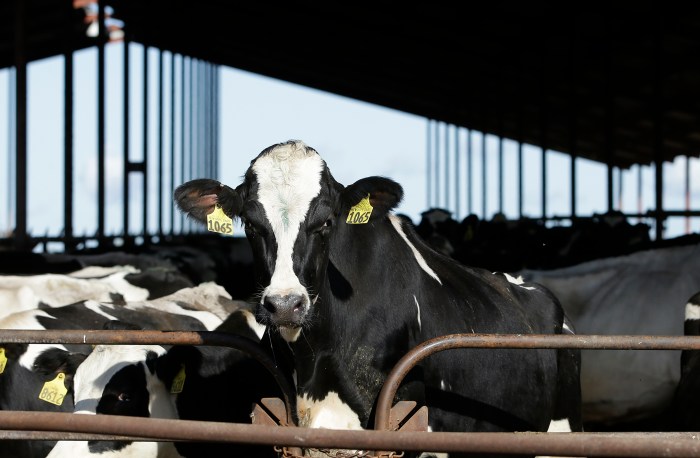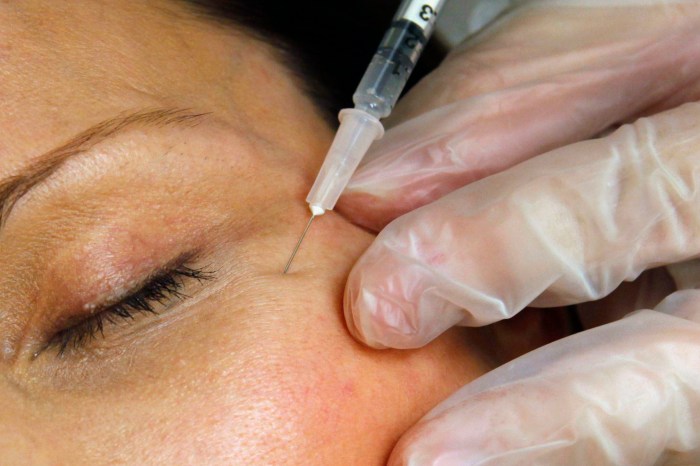TORONTO/MONTREAL (Reuters) – Many Canadian seniors living in nursing homes could face delays before receiving Pfizer Inc’s COVID-19 vaccine after first deliveries arrive next week, as health officials seek to comply with restrictive vaccine handling advice from the drugmaker.
Pfizer has advised Canadian health officials to administer early doses of the vaccine at the sites where they are first delivered in large batches. At least until more data is available, it will not be possible to break up batches and send small quantities of the vaccine on to other locations.
That means many long-term care residents are likely to miss out on the first batch of vaccinations in Canada, the third country in the world to approve the vaccine, in the midst of a surge in infections that threatens to overwhelm hospitals.
It is not yet clear how movement restrictions could play out in other countries. In the United Kingdom, first doses were delivered to hospitals, and not care homes. But the drug regulator said on Thursday that some licensed companies and hospitals will be allowed to break down vaccine shipments so they can be taken into care homes, once processes and training are in place.
A delay in vaccinating long-term care home residents risks increasing COVID-19 deaths in Canada, which has struggled to protect its elders and staff. In the first wave, 81% of deaths were among care home residents, a share well above the OECD average.
Interactive graphic tracking global spread of coronavirus: open https://tmsnrt.rs/2FThSv7 in an external browser.
On Wednesday, Health Canada cleared Pfizer and BioNTech’s COVID-19 vaccine for public use, after an accelerated review. A panel advising the government has said long-term care home residents and healthcare workers should be prioritized for early vaccination.
But in Ontario, care home residents may need to wait until the Pfizer vaccine can be moved more easily or a vaccine from Moderna Inc is available, said Rick Hillier, head of the province’s vaccination task force, at a Monday briefing.
While the need to store the vaccine at ultra-cold temperatures has been widely discussed, Ontario officials said the movement restriction is meant to limit the amount of physical movement, like shaking, during vaccine handling.
Pfizer has said it would consider relaxing the restrictions depending on the result of initial campaigns, said Christian Dubé, health minister of the province of Quebec.
LACK OF DATA
Asked about the restrictions, a Pfizer Canada spokeswoman said it will ship frozen vials directly to 14 initial points of vaccination chosen by the government. The company did not give a reason for the restriction.
“For the initial stages of vaccination, I can confirm that we are asking for vaccines to be administered only at the first vaccination points,” said spokeswoman Christina Antoniou.
In hard-hit Quebec, the first vaccines will be shipped directly to two long-term care homes next week, including the Maimonides care facility in Montreal, to vaccinate residents and staff.
To work around the movement restrictions, health workers from other care homes will travel to Maimonides to be vaccinated with any leftover doses, said Francine Dupuis, associate chief executive of the health network that oversees the home.
The challenge for administrators comes later, when shipping vaccines to smaller care facilities across the province, she said.
Thomas Madden, chief executive of BioNTech partner Acuitas Therapeutics, based in Vancouver, said the issue is most likely a lack of data during the rapid rollout, not the vaccine’s actual durability.
“Whatever storage and transportation conditions are used for the vaccine, studies have to have been conducted in advance to demonstrate that the quality of the vaccine is maintained under those conditions,” he said.
Madden, an expert in lipid nanoparticles, a key ingredient in the vaccine, said, “the challenge is that you have a limited amount of time to run those studies, which are relatively complicated.”
Madden noted that BioNTech gave less restrictive guidance in a recent presentation, which said defrosted vials could be transported for up to six hours.
Elsewhere in Canada, in Saskatchewan, which has a large number of remote, indigenous communities, officials plan to deploy Moderna’s vaccine mainly in rural, isolated places, said Chief Medical Health Officer Dr. Saqib Shahab.
The nearby province of Manitoba has said it will likely vaccinate at centralized super-sites.



















